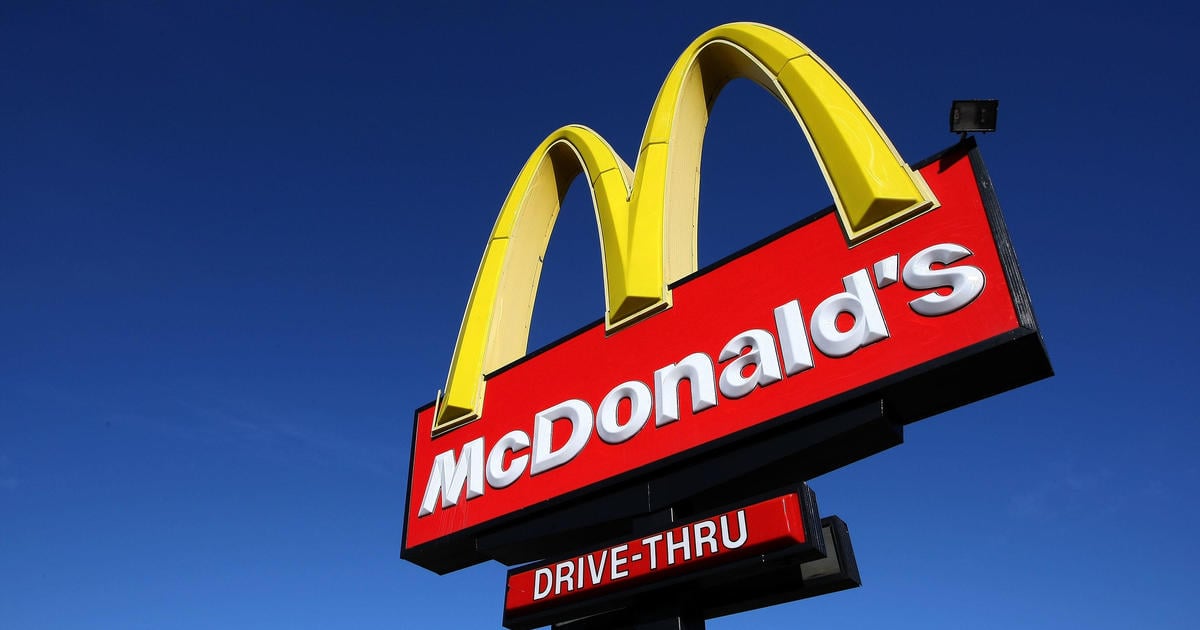Kevin Roberts remembers when he could get a bacon cheeseburger, fries and a drink from Five Guys for $10. But that was years ago. When the Virginia high school teacher recently visited the fast-food chain, the food alone without a beverage cost double that amount.
Roberts, 38, now only gets fast food “as a rare treat,” he told CBS MoneyWatch. “Nothing has made me cook at home more than fast-food prices.”
Roberts is hardly alone. Many consumers are expressing frustration at the surge in fast-food prices, which are starting to scare off budget-conscious customers.
A January poll by consulting firm Revenue Management Solutions found that about 25% of people who make under $50,000 were cutting back on fast food, pointing to cost as a concern.



I’m good, I dislike half-baked assumptions and lazy springboarding:
“You are framing this as an access issue rather than one of predation”
I specifically say that the problem is profit-driven; in no way is my comment framed as an access issue.
“Fast food chains don’t make a cheap menu to help poor people experience their food, they do it to milk every bit of money from a populace.”
Nobody said that fast food chains are trying to help people; I noted that the problem of increased fast food prices can only be attributed to corporate greed.
“Don’t expect social justice from corporate entities.”
No comment here expects or advocates for social justice from corporate entities. It is a fact that many fast food companies very recently used to have substantial dollar menus and no longer have dollar menus.
Your comment is immaterial as a reply and reads as populist posturing at the expense and disregard of the comment you’re responding to.
If you agree? Fine. If you disagree? Fine.
Don’t agree with what I’m saying by pretending I said something I didn’t to drum up false controversy.